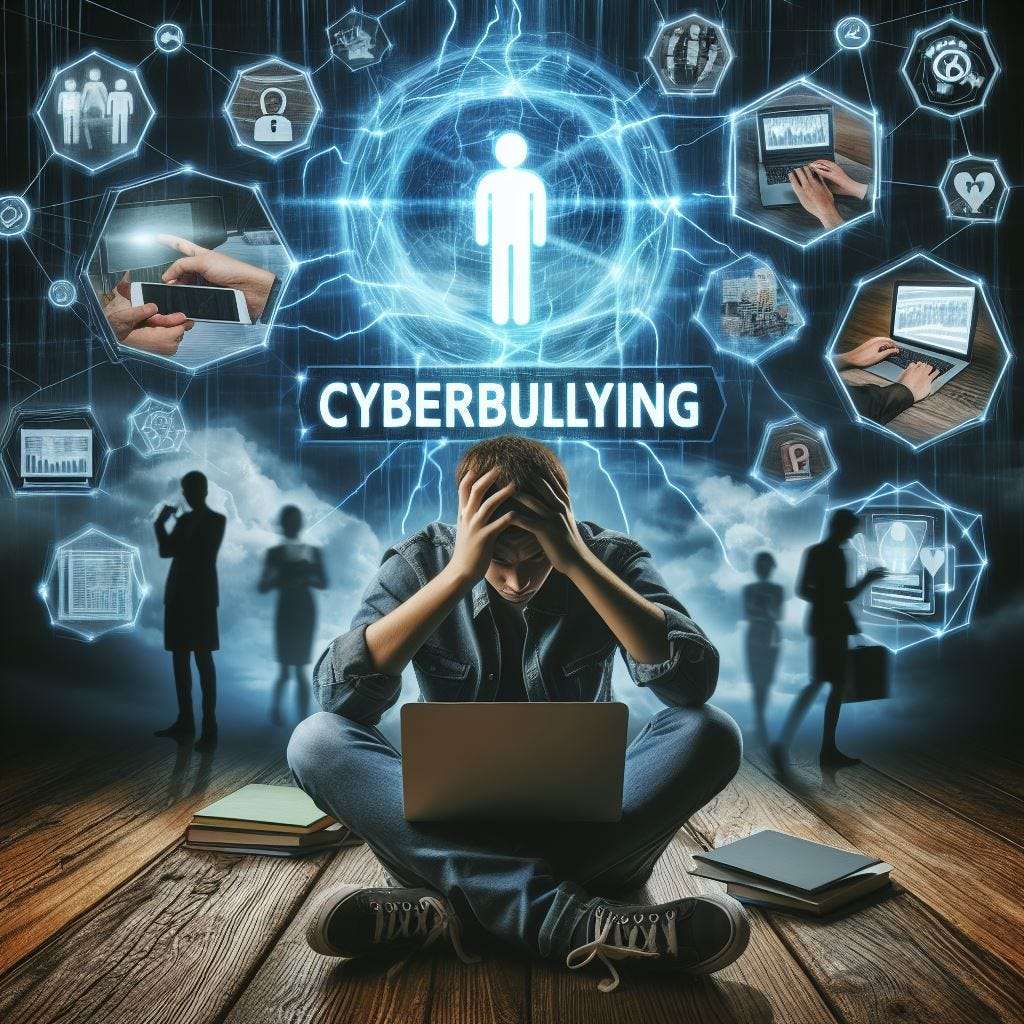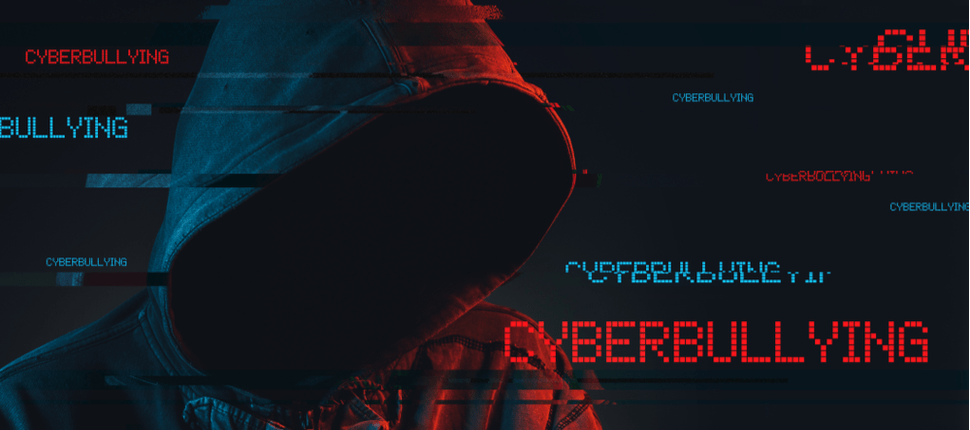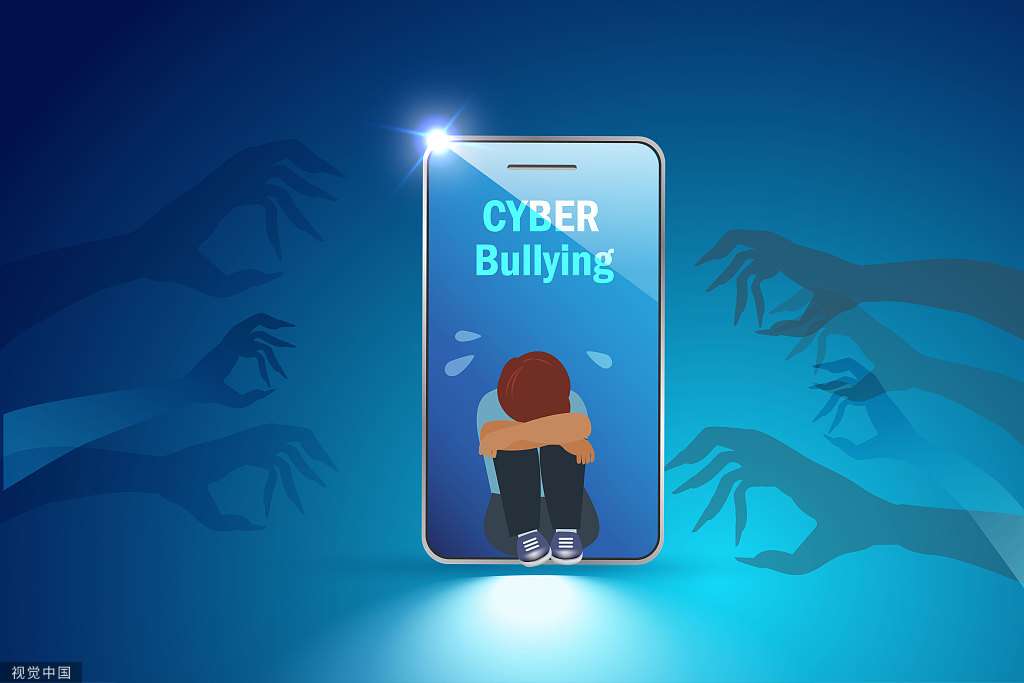Strengthening Ghana’s Legal Framework to Combat Cyberbullying: Comprehensive Measures for Online Safety
Social media platforms and internet service providers should be mandated to implement robust content moderation policies. This includes the timely removal of offensive content and providing mechanisms for users to report abuse. Effective content moderation can significantly reduce the prevalence of harmful online behavior.
Read more…

Cyberbullying has emerged as a significant issue in the digital age, causing psychological harm and distress to victims. Ghana, like many countries, faces challenges in addressing online harassment and insults effectively. To tackle this growing problem, it is essential to enhance Ghana’s legal framework with specific anti-cyberbullying legislation, amendments to existing laws, and robust support mechanisms. This article outlines a comprehensive approach to combat cyberbullying in Ghana, drawing on successful strategies from other jurisdictions.

- Enacting Specific Anti-Cyberbullying Legislation
To address cyberbullying effectively, Ghana should introduce specific laws targeting repeated harassment, threats, and defamatory statements made online. These laws should clearly define cyberbullying offenses and prescribe appropriate penalties, including fines and imprisonment. By explicitly addressing online harassment, these laws would provide a solid legal basis for prosecuting offenders and deterring future incidents.
- Amendments to Existing Laws Criminal Code
The Criminal Code should be amended to explicitly include online harassment and insults under offenses conducive to breaches of the peace. Section 207 of the Criminal Code addresses offensive conduct conducive to breaches of the peace, which should be updated to explicitly apply to online insults. Section 208 pertains to the publication of false news likely to cause fear and alarm to the public or disturb the public peace, which can also be extended to cover false information spread online. These amendments would ensure that acts of cyberbullying and the spread of harmful false information are recognized as criminal offenses, enabling law enforcement agencies to take swift action against perpetrators.
Electronic Communications Act
Amendments to the Electronic Communications Act should mandate internet service providers and social media platforms to implement robust content moderation policies. Section 76 of the Electronic Communications Act, 2008 (Act 775) makes it an offense to send a message that is grossly offensive or of an indecent, obscene, or menacing character through an electronic communication service. These policies should include mechanisms for timely removal of offensive content and user-friendly processes for reporting abuse. By holding service providers accountable, Ghana can ensure a safer online environment for its citizens.
- Victim Support Mechanisms
Supporting victims of cyberbullying is crucial. Ghana should establish victim support mechanisms, including counseling services and legal assistance. This support would help victims cope with the psychological impact of cyberbullying and navigate the legal process. Additionally, public awareness campaigns can educate citizens about available resources and encourage reporting of cyberbullying incidents.
- Enhancing Digital Safety and Protection
Content Moderation Requirements
Social media platforms and internet service providers should be mandated to implement robust content moderation policies. This includes the timely removal of offensive content and providing mechanisms for users to report abuse. Effective content moderation can significantly reduce the prevalence of harmful online behavior.



Anonymity Restrictions
While anonymity can protect whistleblowers and activists, measures should be implemented to reduce anonymity for those engaging in harmful online behaviors. This can include verification processes that ensure accountability without compromising the safety of legitimate anonymous users.
- Strengthening Data Protection and Privacy Laws Stronger Privacy Protections
Ghana should enhance its laws protecting personal data to prevent doxing and the misuse of personal information in online harassment. Strong privacy protections would safeguard individuals’ personal information, reducing the risk of it being used to harm them. - Educational and Preventive Measures
Education plays a vital role in preventing cyberbullying. Implementing educational programs in schools and communities can raise awareness about the impact of cyberbullying and promote positive online behavior. These programs should also teach digital literacy and empathy, equipping individuals with the skills to navigate the online world responsibly.
- Specialized Cybercrime Units
Establishing specialized cybercrime units within law enforcement agencies would enhance the capacity to investigate and prosecute cyberbullying cases. These units should be equipped with the necessary tools and training to handle the complexities of cybercrimes, ensuring that offenders are held accountable.


Conclusion
By adopting a comprehensive approach to combat cyberbullying, Ghana can create a safer online environment for its citizens. Enacting specific anti-cyberbullying legislation, amending existing laws, enhancing digital safety, and providing robust victim support mechanisms are crucial steps in addressing this issue. Furthermore, education and specialized cybercrime units will play a vital role in preventing and prosecuting cyberbullying. Through these measures, Ghana can effectively tackle the challenges of the digital age and protect its citizens from the harms of cyberbullying.
Richard Koomson | mediacentralonline.info | Ghana
kindly send us your stories on our WhatsApp line 0500004727






